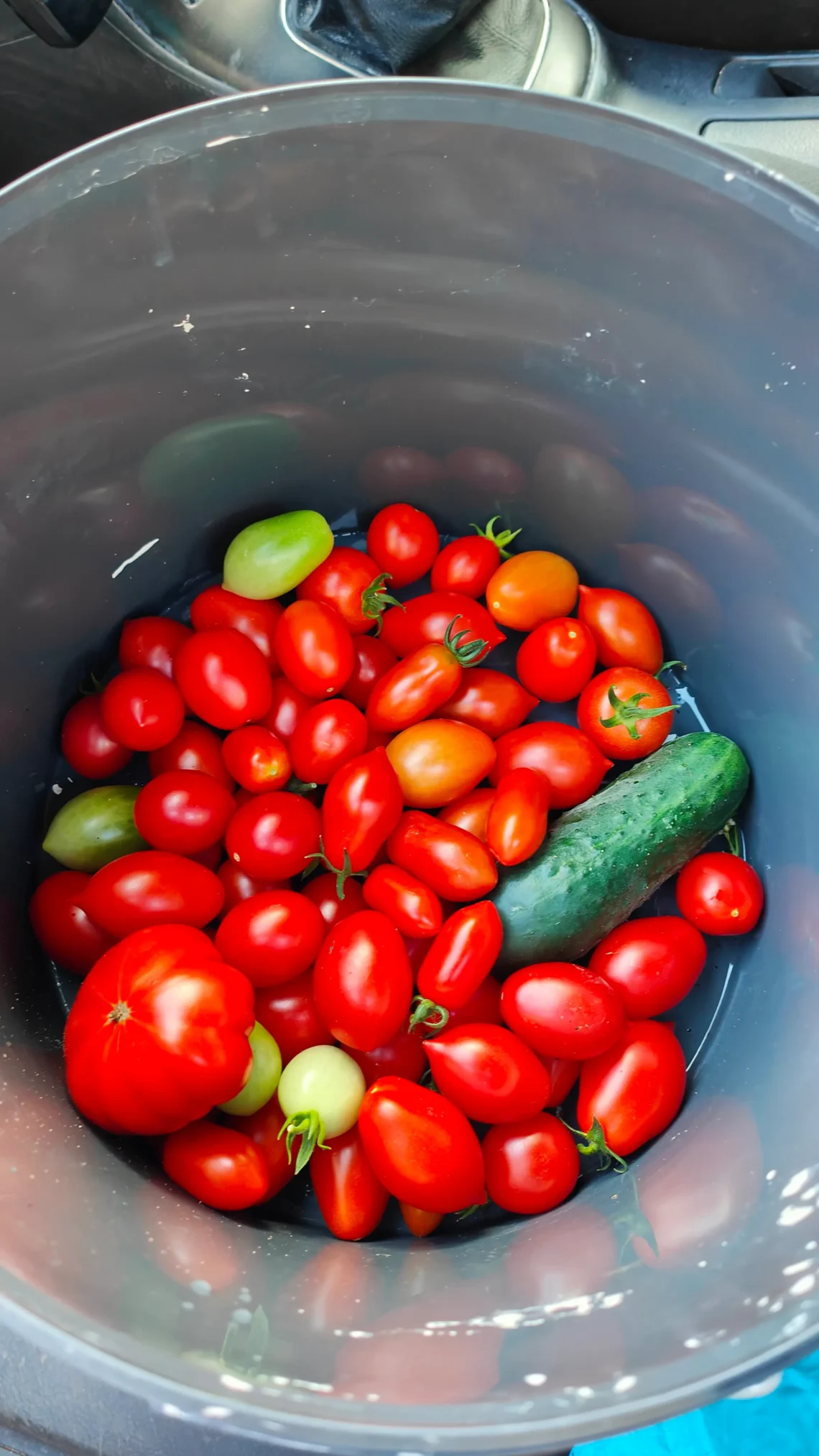Economics
Economics, Old and New
-
Can We Build A Sustainable Future for Farming
Introduction – A Sustainable Future for Farming The agricultural sector is at a crossroads, faced with the pressing need to adapt to climate change and an increasing demand for food. Sustainable agriculture has emerged as a crucial approach to address these challenges, focusing on methods that promote environmental health, economic viability, and social equity. This article explores a sustainable future for farming by rethinking traditional and modern farming practices, particularly in the context of livestock and crop production. We delve into the implications of chemical fertilisers, the role of innovative plant breeding, and an evaluation of dairy production, ultimately proposing alternatives that align with sustainable principles. Managing our Soil – Understanding the Concept of No Fertiliser In the quest for a sustainable future for farming, the reliance on chemical fertilisers has come under scrutiny. These substances, while effective in boosting crop yields, can lead to long-term degradation of soil health. Chemical fertilisers disrupt the natural balance of soil ecosystems, reducing biodiversity and harming beneficial microorganisms. Over time, soil becomes reliant on these inputs, leading to…
-
Why we Farm Cows and not Goats
The reason why we farm cows and not goats for dairy products is quite simple. Cows are easy to control and can live on just grass, they are grazers. Goats are browsers and are very difficult to fence in. However that does not mean that it should stay that way. Modern dairy cows live an average of just under three lactations, about 6 years. Yet these animals can easily have a stress free lifespan of 12 to 15 or more years.
-
Time for Another Agricultural Revolution
It is Time for Another Agricultural Revolution
-
Taking Account of Hidden Costs Results in Sustainable Food Production
Taking account of hidden costs in food production will result in sustainable food production. These hidden costs are called Externalities in traditional economics. That sounds really complicated. It isn’t. True cost accounting is the correct way to look at and evaluate these hidden costs. Mainstream economics hides these costs with good reason. Many seemingly profitable economic decisions would not be taken if these costs were taken into account. This change in our economic system is vital to protect our world. It is also vital that the system is adopted by the United Nations, the only way that China, Russia, India and in particular, the USA can be pressurised to comply. This video was produced by Friends of the Earth Taking Account of Hidden Costs Classical economics does not take account of externalities. In the science of economics the term externalities is used to lump together the external costs of an economic action or policy. Historically we have been informed that these costs are very difficult to measure; so they are ignored which is really convenient…
-
Improve Sustainability Using Economics
We need a New Economic System to improve sustainability. We need to take account of externalities. What are externalities? We need to look at new ways of measuring economic performance. Externalities are causing our planetary woes. This isn’t a political issue in any way shape or form, we deal here only in fact and science. So a little bit of history ………. A free market economy mean that consumers buy stuff at a price fixed by the market. Competition forces prices down. Except, it isn’t that simple. For example a litre of water that comes through a water meter at your address has a fixed cost per litre. However some of the costs of supply of that litre of water are not included in the price you, the consumer, pays. One such cost is cleaning up pollution. The water company charges you per litre. They make a profit and pay their shareholders. That’s fine, that’s how the world works. The UK is a worldwide absolute rarity in that water companies are private companies. There are…
